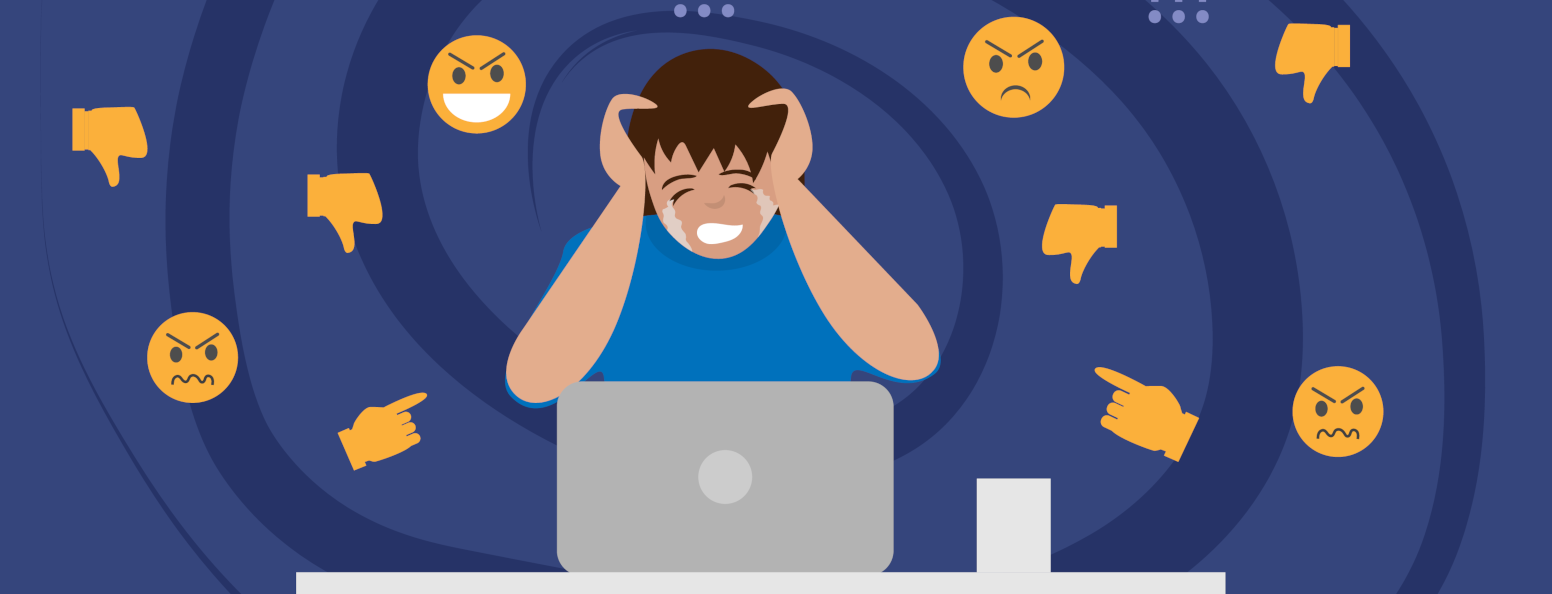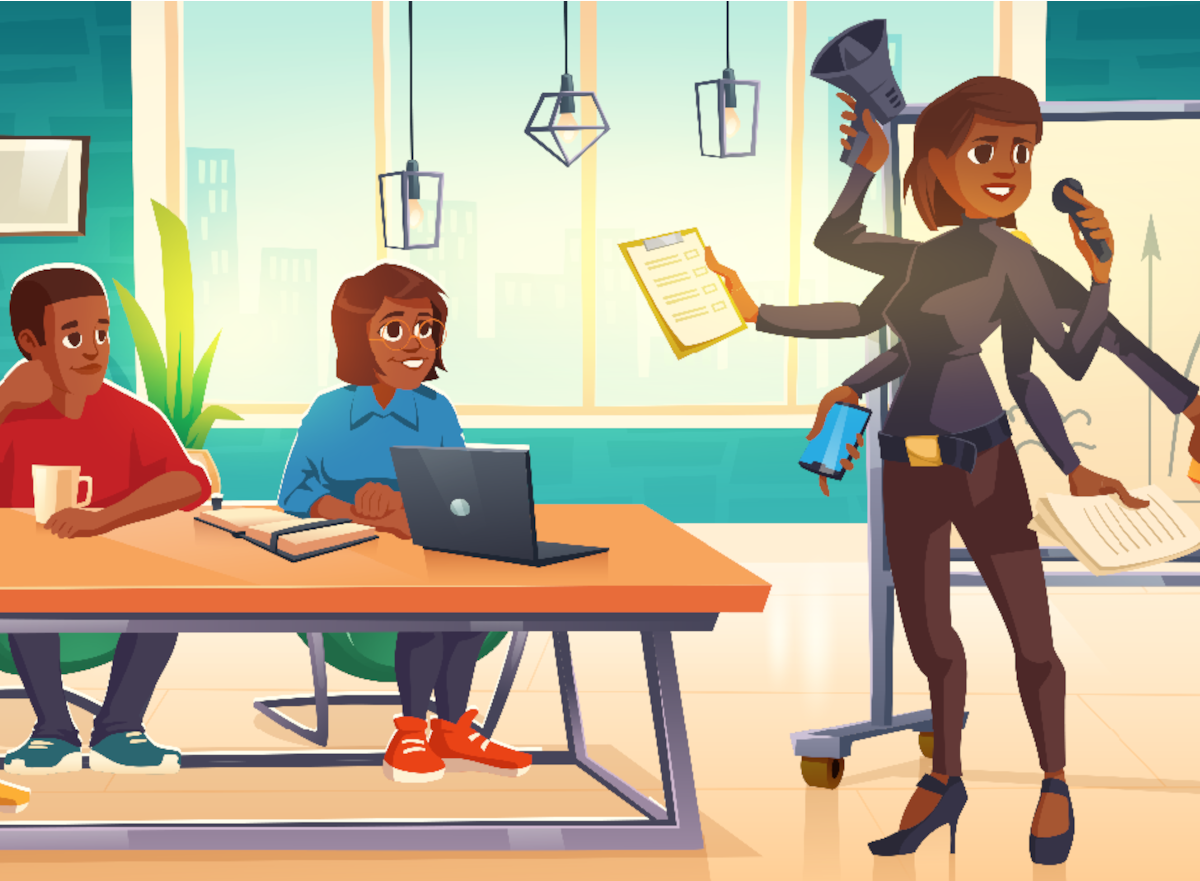When Everyone Hates Your Product, You're Closer Than You Think
- complaints
- feedback
- listen and learn
- adjust

Most founders dread the moment the internet drags their product through the mud. Bad reviews, angry Reddit threads, sarcastic tweets — ouch. It feels like failure. But what if I told you that hate is a signal? What if complaints, rants, and even silence are actually pointing you toward product-market fit?
The Best Products Start Out Wrong
In the early days, your product doesn’t need to be loved. It needs to be noticed, and ideally, misunderstood, used incorrectly, broken, abandoned, then angrily criticized.
Why?
Because indifference kills startups.
Hate, on the other hand, means someone cares. They saw what you were trying to do. They imagined how it could be amazing. And now they’re mad because it isn’t — yet.
In a weird way, early hate is a sign that you’re solving a real problem. Just not in a way that works yet.
Case in Point: Barion and the Bluetooth Nobody Wanted
When we launched Barion, one of our early bets was on BLE-based mobile payments. We imagined people paying in cafés just by standing near the cashier. No need to take out a card or cash, just proximity and approval on your phone. We thought it was the future.
We even sponsored a bar to use it.
They didn’t.
Not the customers, not the bar staff, not even the owner who got the free equipment. Nobody cared. Nobody wanted it. We kept trying to convince them. They politely ignored us. It was dead in the water.
But here’s the twist: we had a tiny side product, a humble online payment gateway. It wasn’t flashy. It wasn’t what we pitched to investors. It was just a supporting feature.
But it worked. A few developers liked it. A few online shops integrated it. They told us what sucked, and they stuck around anyway. They kept giving us feedback.
We listened.
We pivoted.
And now? That “marginal product” is the core of Barion. Today, nearly 20,000 merchants use our online gateway. The BLE experiment failed. But it led us to what people actually needed.
The Internet Is Writing Your Backlog
Early user hate isn’t the end, it’s a roadmap.
When users complain that your product is slow, buggy, confusing, or missing key features, they’re giving you the best possible gift: clarity. You don’t have to guess what to build. They’re literally telling you.
And yes, it’s noisy. Yes, some complaints are unfair. But underneath the shouting is truth.
If no one is talking about your product, you’ve got nothing to work with. But if people are yelling? You’re in the game.
Honest negative feedback can be painful, but it's often the clearest indicator of where the real work lies and where progress is possible.
What to Do With the Hate
- Listen, don’t defend. Every time you explain your design decision instead of asking what they actually wanted, you lose an insight.
- Tag the feedback. Categorize the complaints, bugs, UX problems, pricing confusion, missing features. Patterns will emerge.
- Prioritize learning, not pleasing. Don’t chase every angry tweet. Look for the deeper frustrations and test fixes.
- Ship fast, show progress. Users are way more forgiving when they see you're trying. The worst reaction is silence.
The Only True Failure Is Building Alone
Startups die in silence. They die when founders stop listening. When they cling to the original vision and ignore the data. When they mistake early hate for rejection instead of engagement.
But if you're brave enough to sit in the discomfort of real feedback and adjust, you can build something people actually need.
So next time your product gets roasted online, don’t panic. You might be just a few iterations away from breakthrough.
The internet is brutal. But it’s honest.
And if you listen, it just might build your backlog for you.




 The website includes cookies
The website includes cookies